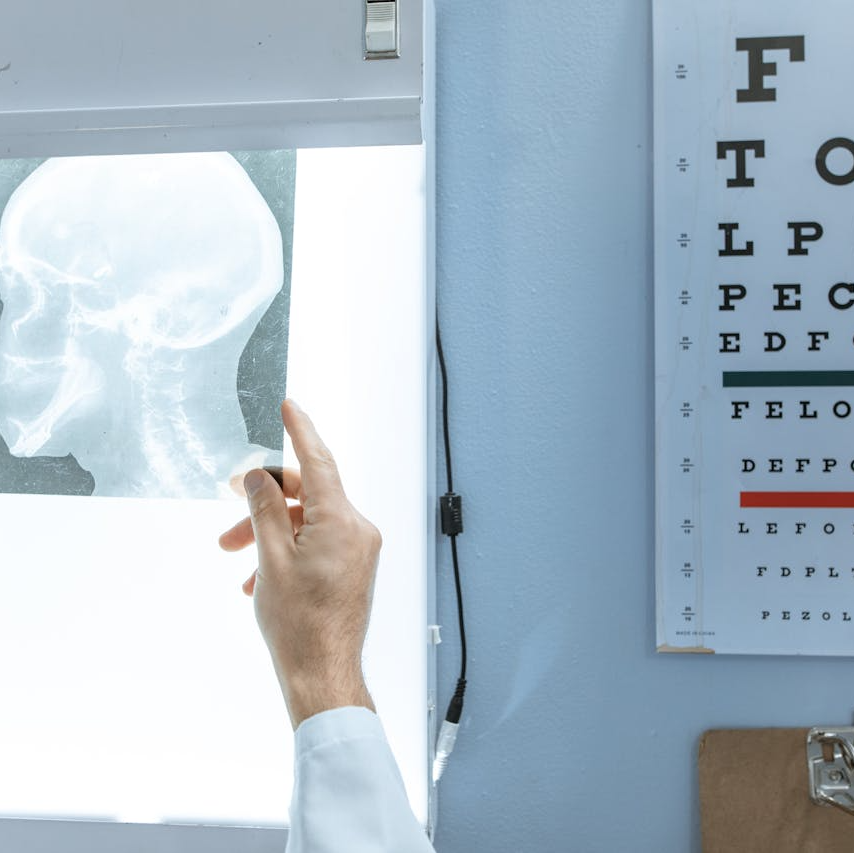Key Takeaways
-
Medicare now covers more therapy options than ever before, including services from licensed mental health counselors and marriage and family therapists starting in 2024.
-
You must meet certain criteria and follow Medicare-specific rules for covered therapy sessions, including provider qualifications and documentation of medical necessity.
What Mental Health Services Are Covered by Medicare in 2025?
If you’re looking to start therapy using Medicare in 2025, you now have more options than you did just a year ago. Medicare has expanded its coverage of outpatient mental health services under Part B. You’re allowed to see a wider range of professionals, and certain limits have been eased.
Here’s what’s currently covered:
Covered Services Under Part B:
-
Psychiatric diagnostic evaluations
-
Individual and group psychotherapy
-
Family therapy (with or without the patient present)
-
Crisis intervention
-
Substance use disorder treatment
-
Medication management by psychiatrists or nurse practitioners
-
Telehealth therapy visits
These services are usually covered at 80% after you meet your annual Part B deductible, which is $257 in 2025. You are responsible for the remaining 20%, unless you have additional coverage such as a Medigap policy.
Who Can You See for Therapy?
Until recently, you were limited to psychiatrists, clinical psychologists, and clinical social workers. But as of January 1, 2024, Medicare added two key provider types:
-
Marriage and Family Therapists (MFTs)
-
Mental Health Counselors (MHCs), including licensed professional counselors (LPCs) and licensed clinical professional counselors (LCPCs)
These providers must meet Medicare’s licensure requirements in your state. Always confirm the provider accepts Medicare before booking your session.
Are You Eligible for Therapy Coverage?
You are eligible for therapy under Medicare if you meet these conditions:
-
You have Medicare Part B (Original Medicare or through a Medicare Advantage plan).
-
Your provider is Medicare-approved and has an active NPI (National Provider Identifier).
-
The service is considered medically necessary, meaning it is required to diagnose or treat a mental health condition.
Medicare does not cover services for general life stress, personal development, or couples counseling unless there’s a diagnosable mental health condition being treated.
Telehealth Therapy Is Still Covered
Medicare has permanently expanded telehealth for mental health services. You’re allowed to receive therapy from your home using a video platform. Audio-only services are permitted if video is not accessible.
However, starting October 1, 2025, Medicare requires that you see your provider in person at least once every 12 months if you’re receiving ongoing mental health telehealth care. Exceptions apply for:
-
People with transportation or mobility issues
-
Residents of rural or underserved areas
-
Individuals under active psychiatric supervision with provider certification
This means if you’ve been receiving therapy exclusively online, you’ll need to plan an in-person session once a year unless you qualify for an exemption.
How Often Can You See a Therapist?
There are no hard limits on the number of therapy sessions Medicare covers in a year. However, the therapy must remain medically necessary and documented as part of your care plan.
Your therapist must:
-
Document progress and goals
-
Demonstrate ongoing need for services
-
Submit proper billing codes and notes
Reviews or audits may occur if services are frequent or appear excessive. To avoid issues, work with your provider to ensure the documentation supports your treatment.
What Conditions Are Commonly Covered?
Medicare covers therapy for a broad range of mental health conditions, including:
-
Depression
-
Anxiety disorders
-
Bipolar disorder
-
Post-traumatic stress disorder (PTSD)
-
Schizophrenia and other psychotic disorders
-
Substance use disorders
-
Adjustment disorders
-
Obsessive-compulsive disorder (OCD)
-
Eating disorders
If your condition requires longer-term management or coordination with medication, Medicare also supports care management models involving multiple providers.
Where Can You Receive Services?
You can receive covered therapy services in the following settings:
-
Doctor’s or therapist’s office
-
Hospital outpatient departments
-
Community mental health centers
-
Federally qualified health centers (FQHCs)
-
Rural health clinics (RHCs)
-
Your home (via telehealth)
Some Medicare Advantage plans may require you to stay within a provider network or get referrals, so double-check your plan details.
What’s Not Covered?
While Medicare’s mental health coverage is broader now, certain services are not covered, such as:
-
Hypnotherapy
-
Stress management classes
-
Life coaching or career counseling
-
Support groups not led by licensed providers
-
Services not deemed medically necessary
You may also encounter out-of-pocket costs if you see a provider who doesn’t accept Medicare or if you miss scheduled visits without notice.
What If You Need More Than Talk Therapy?
Medicare also covers other mental health supports:
Intensive Outpatient Program (IOP)
-
Designed for individuals needing structured therapy several days per week
-
Services include group therapy, medication monitoring, and skill-building
Partial Hospitalization Program (PHP)
-
More intensive than IOP, typically offered 5 days per week
-
You go home at night but receive near-daily mental health support
Both programs are covered under Part B and require a doctor’s certification of need.
Inpatient Psychiatric Hospitalization
-
Covered under Part A
-
Up to 190 lifetime days in a psychiatric hospital
-
Requires doctor admission, treatment plan, and daily supervision
Coinsurance applies after day 60 of a hospital stay, and regular Medicare hospital rules kick in for general hospitals.
Prescription Drug Coverage for Mental Health
If you take medication as part of your treatment, Medicare Part D helps cover:
-
Antidepressants
-
Anti-anxiety medications
-
Antipsychotics
-
Mood stabilizers
The annual deductible for Part D in 2025 is $590, and out-of-pocket drug costs are now capped at $2,000 per year. This applies across all covered medications, including those for mental health.
Medicare Advantage plans that include drug coverage must also follow this cap.
How to Find a Medicare-Covered Therapist
To make sure your sessions are covered:
-
Use the Medicare.gov provider search tool or your plan’s online directory.
-
Call the provider’s office to confirm they accept Medicare and are credentialed.
-
Ask about availability for telehealth if you prefer remote care.
-
Check if referrals are needed if you’re in a Medicare Advantage plan.
-
Confirm licensure if you’re working with a newly eligible therapist type (MFT or MHC).
Also, look into community mental health centers and clinics that often have more experience working with Medicare billing.
What If You Have a Medicare Advantage Plan?
Medicare Advantage plans (Part C) must cover at least the same mental health services as Original Medicare. However, there may be differences in:
-
Network rules (e.g., in-network provider requirements)
-
Referral processes
-
Prior authorization for higher-level services
-
Access to additional wellness or mental health support services
Always review your plan’s Annual Notice of Change and Evidence of Coverage to understand any limits or extra services offered.
Your Next Steps for Starting Therapy in 2025
Now that Medicare supports a broader range of therapy services, your path to mental health care is more accessible. But you still need to:
-
Choose a Medicare-approved provider
-
Confirm that services are medically necessary
-
Understand the cost-sharing responsibilities
-
Stay within the guidelines for telehealth and in-person requirements
-
Keep all documentation and communications organized
If you’re unsure whether a specific service or provider is covered, speak with your Medicare plan or contact a licensed agent listed on this website for help.
Getting the Help You Need Starts Here
Medicare’s improved mental health coverage in 2025 offers meaningful access to therapy. You can now talk to a therapist from home, choose from a wider pool of licensed professionals, and receive help for a full range of conditions. But you still need to follow Medicare’s rules and ensure proper provider billing and documentation.
To make confident decisions about your mental health benefits, speak with a licensed agent listed on this website. They can help you understand your coverage, explore your options, and connect with providers who are equipped to support your mental well-being.









